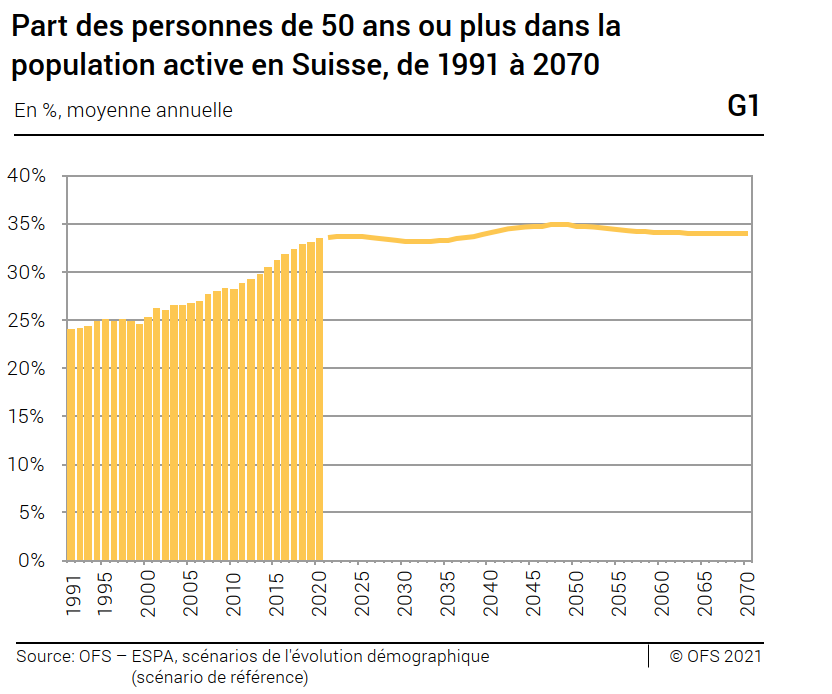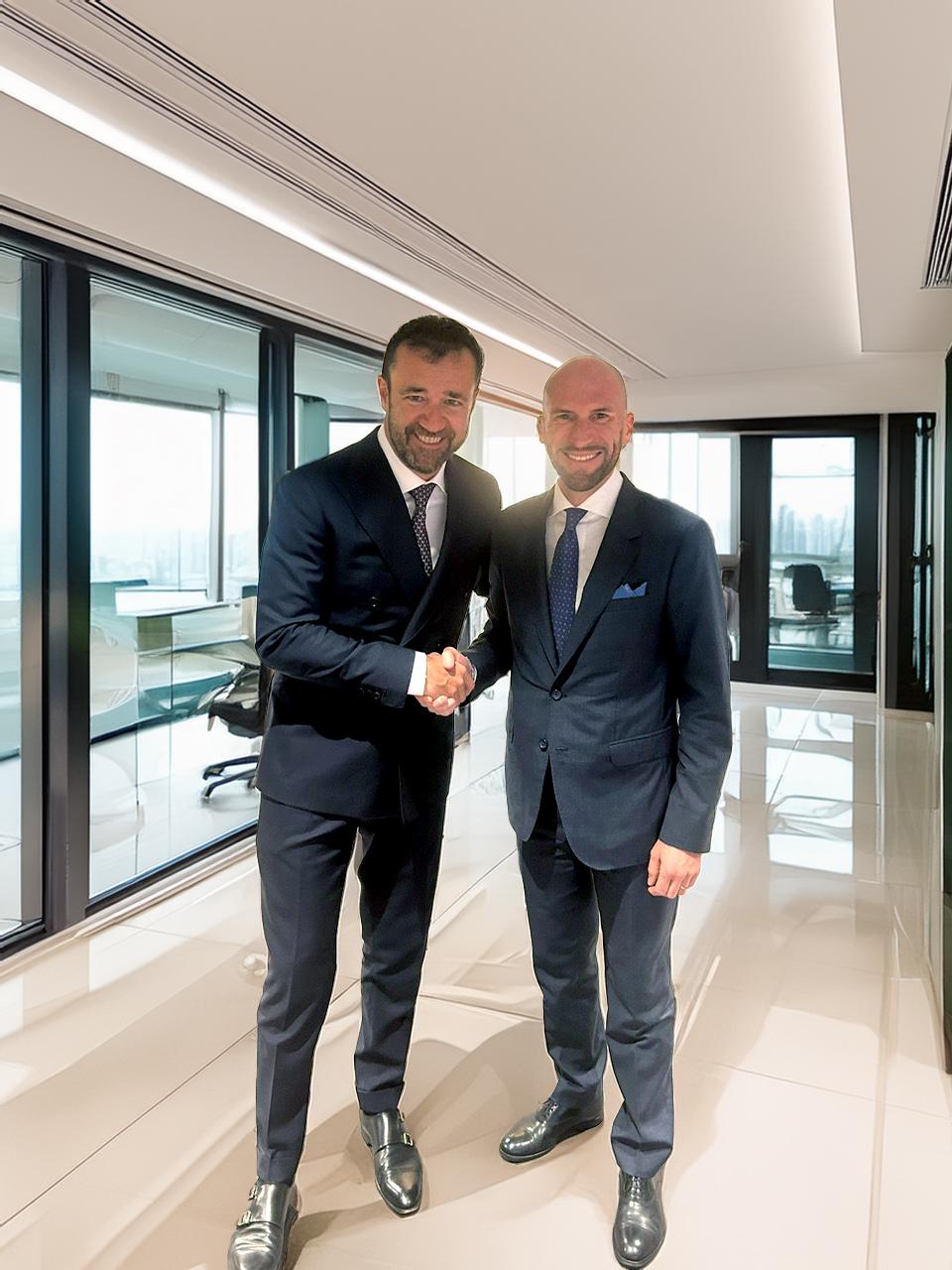Outlook, WhatsApp, WhatsApp Pro, Signal, LinkedIn, LinkedIn Recruiter, Facebook, Instagram Messenger, Snapchat, phone calls, text messages, Bloomberg Chat… All these channels are now part of our daily lives, whether for work, leisure, job hunting or professional development. There is a constant stream of information and messages, and at times it is overwhelming. Add to that Teams, Slack or any other ERP or project management tool, and it becomes even harder to keep up.
As human beings, we are increasingly exposed to a state of information overload. It is becoming increasingly difficult to prioritise our tasks, manage our communications and, based on the Pareto principle, identify the small number of activities that actually create value each day. This is without even counting the personal messages from family and friends.
In this context, I recently had a refreshing conversation with a CFO who decided to radically simplify his communication channels last year. He eliminated almost all of them and now responds only to text messages, phone calls and emails. He even went back to a basic mobile phone with no apps. By switching everything else off, he rediscovered time, focus and efficiency.
He also told me that AI tools such as Copilot now help him prioritise his workflow and emails. It ultimately occurred to him that he only needed to respond to about 10% of them. Another 15 to 20% are only worth reading for information purposes.
I then asked him whether he was concerned he might miss something important. He answered:
“If it’s truly urgent, they’ll call me or come to my office, and I prefer it that way.”
I found that very inspiring. Many of us rely on multiple communication channels to reach key contacts and achieve our goals. But that conversation made me reflect on my own habits: when and how I check all these messages. The answer was unsettling: from the moment I wake up, before my first coffee, until going to bed.

We often talk about FOMO, the fear of missing out, in both our professional and personal lives. Being the first to respond is often seen as a strength in the workplace, but is this really the case? In the age of instant messaging and constant responsiveness, surely we are at risk of forgetting what truly matters. Are we really managing our own Pareto prioritisation effectively? And are we still allowing enough space and attention for our friends and families?
Many candidates and clients tell me they face the same challenge: finding the time and mental resources to focus and work in depth. It is both quality and personal fulfilment that suffer as a result.
At one of my former companies, we all had a small sign on our desks that read: “Be here now”.
I often think about that before a meeting: being fully present, putting my phone aside and focusing solely on the person or group in front of me. This is not easy in an environment where instant answers are expected. But I am increasingly tempted to follow that CFO’s example: going back to a simple phone, limiting my communication channels to just two or three essentials and learning to bring my focus back.
Instead contacting you on LinkedIn, I just might give you a call in the future.









